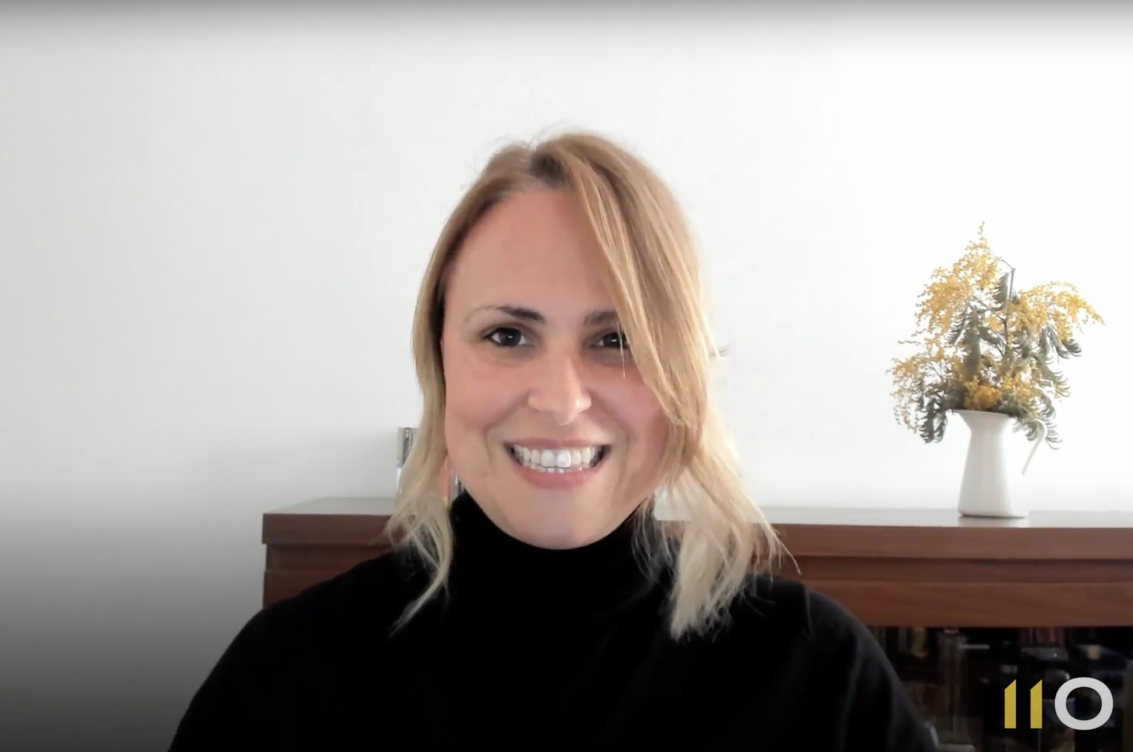

The Reverse Mortgage
Homeowners, when they reach retirement age, can consider several options to keep their income level stable. We’ll explain the reverse mortgage option.
The reverse mortgage is, in short, a loan granted by a financial institution, which is guaranteed by a mortgage that normally falls on the client’s usual home. In an ordinary mortgage, the money is requested to acquire the house, and the debtor must return it periodically. However, in the reverse mortgage, the property is offered in exchange for receiving the loan also periodically, or in the agreed amount at once.
This product is intended for people over the age of sixty-five, those with a degree of disability equal to or greater than 33%, or who are severely dependent. The reverse mortgage on the home they own will provide them with an additional income, while the repayment of this loan will not be due to them until the time of their death.
We must consider that, unlike in a normal mortgage, the debt is not paid and decreases over time. On the contrary, it increases as benefits are received and until the holder dies, or until the maximum percentage is reached according to the appraised value agreed when the mortgage is signed. In this case, the heirs could choose to take charge of the return until the debt is extinguished, if they want to keep the property.
The benefits of a reverse mortgage
This product was born in the sixties in the United States and the United Kingdom, where it expanded under the idea of using a property to obtain financing. In Spain, it was adapted and is regulated by the Law 41/2007, in its first additional provision (1st DA). Later it was modified in article 5 of Law 1/2013, which strengthened the protection of debtors, among other details.
At the age of well-deserved retirement, it may be interesting for many people to take the alternative of the reverse mortgage, so as not to see their standard of living reduced when they stop working. In Catalonia there are factors such as a very high rate of homeowners, increased longevity, and not-so-good prospects for pensions or public benefits, which open the market for this product.
Another advantage is that ownership of the home is not transferred, but retained, so that the beneficiary receives the rent and can continue to live in their home, or even rent it out. However, it will be the heirs who, in order to maintain the property, when the death of the owner occurs, will have to decide whether to deal with the accumulated debt.
How income is calculated
The first thing to be established will be the amount of capital that will be offered as a loan on the mortgage. To do so, the entity will consider, first and foremost, the value of the property offered as collateral. Therefore, a correct assessment will be essential. The age of the owner, their life expectancy, or whether the home is their usual residence will also be taken into account.
The income received will be calculated based on the agreed capital of the loan and conditioned by how the holder decides to receive it. First, it can be done in a single full payment or on a regular basis (usually a monthly payment). Second, and if you opt for the periodic option, you can also choose it to be temporary or lifelong.
With the temporary option, payments will be received until the total agreed capital has been exhausted. The customer will no longer receive any income, but will also not have to deal with the debt until their death. Debt, of course, will continue to generate interest. The lifetime option enlarges the capital over the life of the customer, and therefore the amounts received will be inferior.
Finally, it should be noted that the income from the reverse mortgage is not taxed as income in the personal income tax, and presents exemptions in the payments of notarial documents and legal acts required to formalize it.
11Onze is the community fintech of Catalonia. Open an account by downloading the super app El Canut for Android or iOS and join the revolution!






Novament una burda manera de subjogar a la ciutadania sota el poder econòmic. Davant l’existència d’una normativa civil de Dret Successori, la banca s’inventa la hipoteca inversa. Si hi ha hereus, acaben heredant una hipoteca amb interessos d’un bé que per no vendre amb anterioritat, ha acabat suposant un desequilibri del balanç econòmic personal sobrecarregant el Passiu (endeutament) per tal de garantir un bé preuat a la nostra societat (benestar). Però allò pitjor, una fòrmula d’apropiament, en alguns casos, de bens d’interès estrategic (urbanísticament parlant) a low cost per part de la banca. És a dir, en comptes d’apostar per la fòrmula de l’estalvi i dels plans de pensió, apostem per les fòrmules capitalistes depredadores dels EEUU i Anglaterra.
Pot ser útil si no tens hereus
Sí, Lluís. De fet, tots els productes financers poden ser convenients per algú en algun moment. La clau està en conèixer totes les condicions i poder valorar si és adequat per a nosaltres.
👍👍👍
Per situacions vitals desesperades…
Tens raó, Laura. Sembla ser un dels únics motius pels quals hauries de contractar un producte com aquest.
Al ser un producte inventat per les entitats bancàries què tenen com a única finalitat el benefici comercial, grans sous pels directius i repartiment de dividends , cal desconfiar-ne de bon principi. Penso que a més a més es poden aprofitar de l´edat del client o la seva poca experiència en temes de finançament.Malament si a l´hora d´informar-se no van acompanyats d´algú que hi entengui, i a l´hora de signar no troben un bon notari que els expliqui bé el que signen i de tot el que els descomptaran per les despeses. No se però si alguna vegada es dóna el cas que a cal notari un s´aixequi i es negui a signar, no només en aquest cas sinó en qualsevol transacció financera amb un banc .
Moltes gràcies per informar detalladament sobre aquest producte tant enlluernador a l´hora de publicitar-lo.
Ho has explicat molt bé, Mercè. Gràcies per compartir la teva reflexió!
Una formula força complexe
I tant, David. Són productes complexos que s’han d’estudiar detingudament abans de considerar adquirir-los.
Un tan fexuc i no gens clar els seus beneficis
Ben vist, Alícia. Cal parar molta atenció en les especificacions d’aquests productes per a poder decidir si ens és convenient.